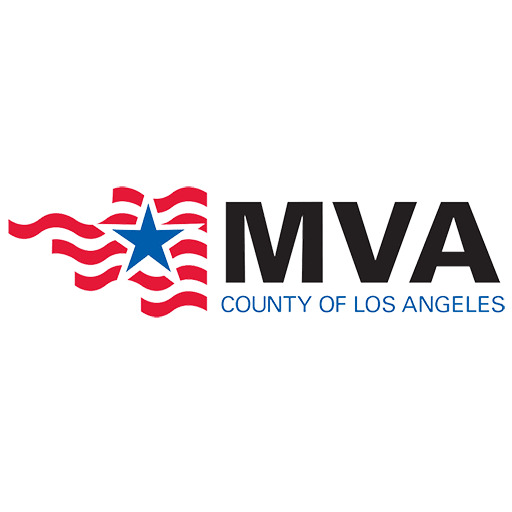With the passage of the Promise to Address Comprehensive Toxics Act, awareness of airborne hazards faced by veterans in Southwest Asia, including Iraq and Afghanistan, has grown significantly.
This has generated concern among veterans and their families about potential exposure and its health consequences.
Recent studies have established links between exposure to airborne hazards during deployment and the development of respiratory symptoms in military personnel. The PACT Act serves as a crucial resource for eligible veterans experiencing concerns about exposure or respiratory issues linked to their service. Registration with the VA is essential to access the Act’s benefits.
While the PACT Act primarily addresses SWA deployment-related exposure, respiratory challenges can also stem from factors like smoking, secondhand smoke, and other environmental hazards encountered during training or deployment.
Regardless of deployment history, veterans with respiratory concerns should take a proactive approach by exploring eligibility for lung cancer screenings. Early detection can be instrumental in saving lives:
-Lung cancer screenings facilitate early detection, potentially leading to a wider range of treatment options.
-Who can be screened? Current or past tobacco use and age are the primary factors determining eligibility. Adults aged 50 to 80 with a history of smoking, current smokers, or those who quit within the last 15 years are typically recommended for screening.
-Are you eligible? Take this short survey to find out if lung cancer screening is right for you. Actively participate in your health journey by taking the survey today.
To take the survey click the link.
Like this:
Like Loading...
Related





 Tweet This
Tweet This Facebook
Facebook Digg This
Digg This Bookmark
Bookmark Stumble
Stumble RSS
RSS




























REAL NAMES ONLY: All posters must use their real individual or business name. This applies equally to Twitter account holders who use a nickname.
0 Comments
You can be the first one to leave a comment.